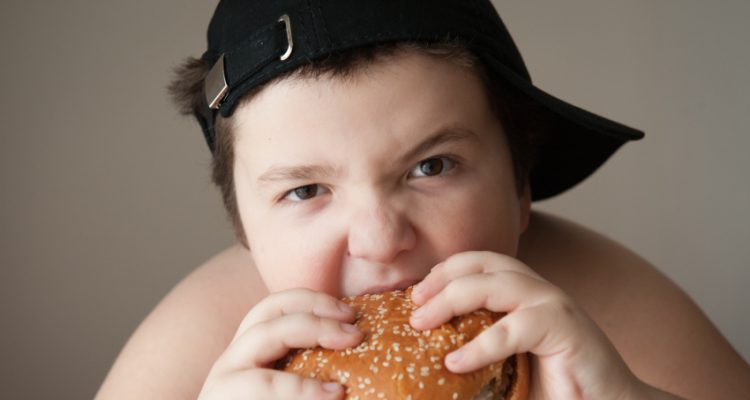
Does eating late at night contribute to obesity in children?
According to a new study, there is no link between late-night munching and gaining weight—at least when it comes to kids.
It has previously been believed that eating late at night can contribute to weight gain in children. It was believed that eating late at night could impact circadian rhythms, causing changes in the body’s metabolic process.
However, research on this has been limited. One previous study found that while overweight schoolchildren ate more food late at night, overweight adolescents actually ate less. Researchers were unable to confirm a link.
Now, with a new study from researchers at King’s College London, it appears that late-night eating does not have any significant effect on the weight of children.
The researchers looked at data from 1,620 children who had participated in the UK’s National Diet and Nutrition Survey Rolling Programme.
The survey collected data on the children’s height, weight, and eating habits, including their meal times and the types of food they ate. All of the children were between the ages of four and 18.
After analyzing the data, the researchers found that there was no increased risk of obesity for children who ate dinner between 8 p.m. and 10 p.m.
They were just as likely to be as obese as children who ate between 2 p.m. and 8 p.m. This was true for all ages of children.
The researchers were shocked by these results. Head author Dr. Gerda Pot said that the “findings of our study are surprising.
We expected to find an association between eating later and being more likely to be overweight but actually found that this was not the case.”
However, Dr. Pot did note that not many of the children studied ate their dinner after 8 p.m., which could have an effect on the results. It is possible that a more robust study could find a link.
As well, the study did not control for factors like the children’s activity levels or the amount of sleep that they got. Furthermore, the study authors noted that it’s possible some children were underreporting the amount of food they were eating.
For now, researchers do not believe there is enough evidence to create dietary guidelines for when children should eat. It appears that there may be no link between meal-times and weight gain, but more research will be needed to confirm these findings.
Sources:
Coulthard J.D.,et al., “The timing of the evening meal: how is this associated with weight status in UK children?” British Journal of Nutrition, 2016; Mar 15:1-7. [Epub ahead of print].
King’s College London, “No link between eating dinner after 8 p.m. and obesity in children,” EurekAlert! web site, May 17, 2016; http://www.eurekalert.org/pub_releases/2016-05/kcl-nlb051616.php.
Eng, S., et al., “Eating late in the evening is associated with childhood obesity in some age groups but not in all children: the relationship between time of consumption and body weight status in U.S. children,” International Journal of Behavioral Nutrition and Physical Activity, 2009; 6: 27; Published online 2009 May 21. doi: 10.1186/1479-5868-6-27.













